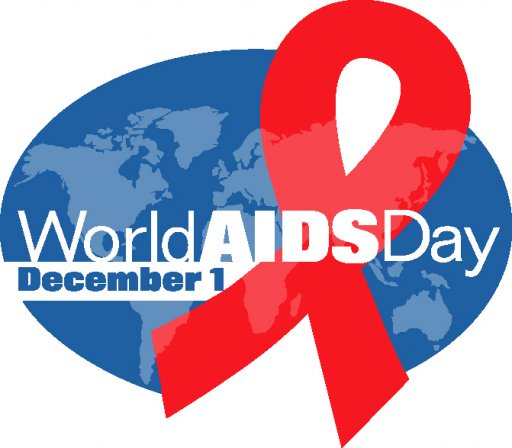
MANNA: Why Victoriana as a theme?
Ian: Coming up with a theme for the poster if one of my FAVORITE parts of the process. The process starts with a few brainstorming sessions with photographer Brett Thomas, designer Matt Bouloutain of Modern Good, MANNA’s event manager and myself. Brett and Matt are incredibly talented artists and we are so luck to have them. This year’s theme of a singular female in a Victorian style dress came from me but wasn’t even an idea that I had thought of before the meeting. I threw the idea out there and everyone loved it. I could not be more excited about the image we finished with. Kelsey looks so beautiful…an incredible shot by Brett and with Matt’s magic – we created a unique eye catching design.
MANNA: What other elements (themes) will be presented during the show?
Ian: I can’t really speak on the pieces yet since they are not complete. That is the exciting thing about Shut Up & Dance – there is always a certain amount of the unknown going into the show. As the director, I do not censor any artist or tell someone they have to choreograph a certain kind of piece. I let the dancers express themselves any way they feel and because of that, I often don’t know what the show is really going to look like as a whole until the week of the show.
MANNA: When people leave the show on March 22, what feeling do you want them to take away with them?
Ian: I want the audience to have fun more than anything. There are many emotions in watching Shut Up & Dance every year because of the time we take to reflect on the serious nature of MANNA’s mission. Shut Up & Dance is aimed to uplift and garner hope for a greater future for MANNA and their clients. We aim to inspire continuous support for MANNA and hopefully to return next year with more friends and family spreading the love of this one of a kind show.
MANNA: How many years have you been involved with Shut Up & Dance?
Ian: This is my 10th Shut Up & Dance that I have been a part of and my 3rd year as the Producing Director.
MANNA: With every year that passes, what keeps you coming back for more?
Ian: I keep returning to Shut Up & Dance for many reasons but mainly for the impact it has on MANNA. The service that MANNA provides for the community is so incredibly important and it is an honor for the dancers and myself to put this show on every year to help MANNA accomplish their mission.
MANNA: For those who never been to Shut Up & Dance before but have been to a ballet production — how is Shut Up & Dance different?
Ian: Shut Up & Dance is such an unique experience. Many of our shows with Pennsylvania Ballet are either a full length story ballet or consists of 3 pieces in a night. With Shut Up & Dance, you will see upwards of 12 different pieces of shorter length but brought to you by the enthusiastic minds of the dancers of Pennsylvania Ballet. You will see serious ambitious pieces mixed with more light hearted comedic fare. The energy of this night every year…is infectious!
MANNA: Last year, you did not dance in the performance…can we look forward to you dancing this year?
Ian: Yes, you can look forward to me returning to the stage dancing…
Check out Ian, the Dancers of Pennsylvania Ballet and the magic on March 22nd at the Forrest Theatre – get your tickets at www.mannapa.org/dance








